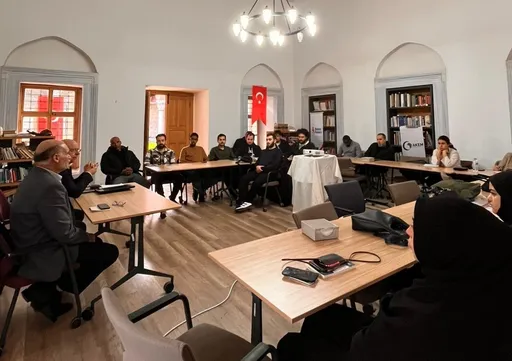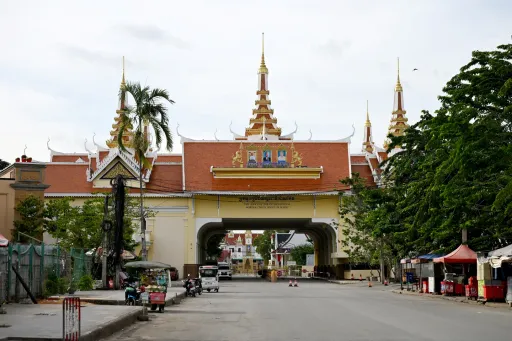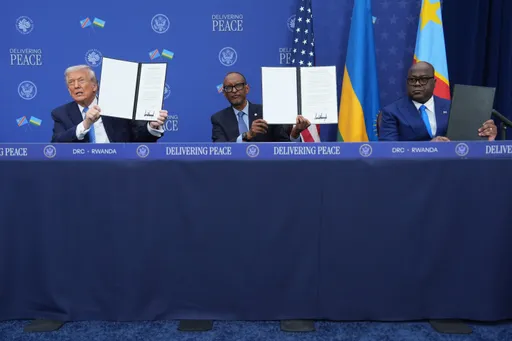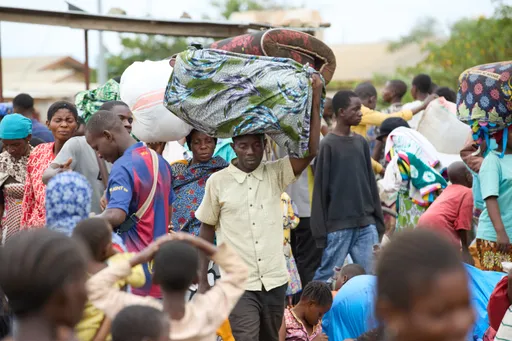Kenyan authorities have banned five churches including that of a suspected cult leader accused of inciting more than 400 of his followers to starve themselves to death.
The Registrar of Societies stated in the Kenya Gazette Notice that the licence of self-proclaimed pastor Paul Nthenge Mackenzie's Good News International Ministries was cancelled effective May 19.
Mackenzie is alleged to have incited his followers to starve to death in order to "meet Jesus" in a case that has deeply shocked Kenyans.
While starvation appears to be the main cause of death, some of the victims - including children - were strangled, beaten or suffocated, according to official autopsies.
Investigations
Authorities also banned four other churches including the New Life Prayer Centre and Church headed by flamboyant televangelist Ezekiel Odero, who has been linked to Mackenzie.
Odero is under investigation on a raft of charges including murder, aiding suicide, radicalisation and money laundering.
His arrest in April followed the discovery of human remains in Shakahola forest near the coastal town of Malindi, with police saying the bodies belonged to Mackenzie's followers.
While prosecutors have linked the two preachers, Odero was freed on bail in May while a court last week extended Mackenzie's detention for a further 47 days pending further investigation.
Societies Act
The Registrar of Societies also deregistered Bishop Thomas Wahome’s Helicopter of Christ Church, Theophilus church and Kings Outreach Church.
Section 12 (1) of the Societies Act gives the registrar powers to cancel a society’s license if it is likely to pursue or to be used for any unlawful purpose.
A largely Christian nation, Kenya has struggled to regulate unscrupulous churches and cults that dabble in criminality.
The grim discoveries in what has now been dubbed the "Shakahola forest massacre" prompted the government to flag the need for tighter control of fringe denominations in a country with a history of self-declared pastors and movements.
4,000 churches
Previous efforts have been fiercely opposed as attempts to undermine constitutional guarantees for the division of church and state.
There are more than 4,000 churches registered in the East African country of 53 million people, according to government figures.
Many of them - headed by larger-than-life pastors - preach the so-called prosperity gospel, urging members to donate heavily to church coffers in order to improve their own financial fortunes.
























